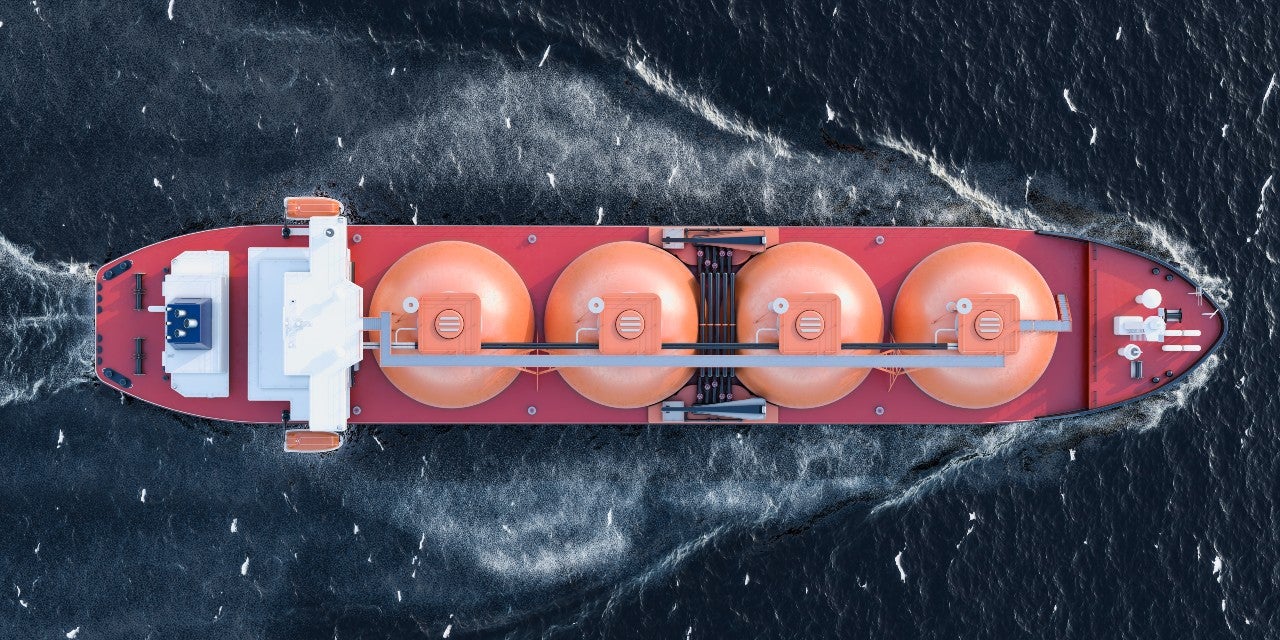The Covid-19 pandemic and an incessant weak economic outlook have led to fall in oil and gas prices and weakening of liquefied natural gas (LNG) demand, prompting LNG exporters to revisit their strategies and capex plans for 2020. Consequently, LNG companies that majorly rely on long-term contracts to generate profits, were forced to look for short-term contracts to keep the cash flows running. This pardigm shift dented the prospects of project financing and resulted in financial investment delays (FIDs) of several projects. The skepticism around the current economic scenario is also making LNG companies to rethink before making investment decisions.
Several companies have retreated or delayed their investment plans in the wake of the underperforming oil and gas sector. Woodside’s decision to downsize its capex spending for the year 2020 has led to the delay in FID of Pluto LNG Train 2 project in Australia. The FID of Driftwood LNG LLC’s project has been delayed by a year to 2021. These investment delays might not only hamper the progress of projects but may also extend the time taken for companies to break-even.
One of the go-to strategies for many a LNG company has been downsizing its overall capex for the year 2020. ExxonMobil, Royal Dutch Shell Plc, and Chevron Corporation have all taken off around a third of their initially planned expenditure for this year.






Related Company Profiles
Driftwood LNG LLC
Shell plc
Exxon Mobil Corp
Chevron Corp